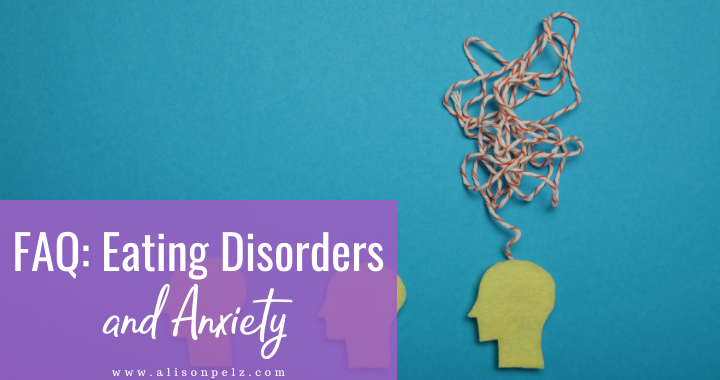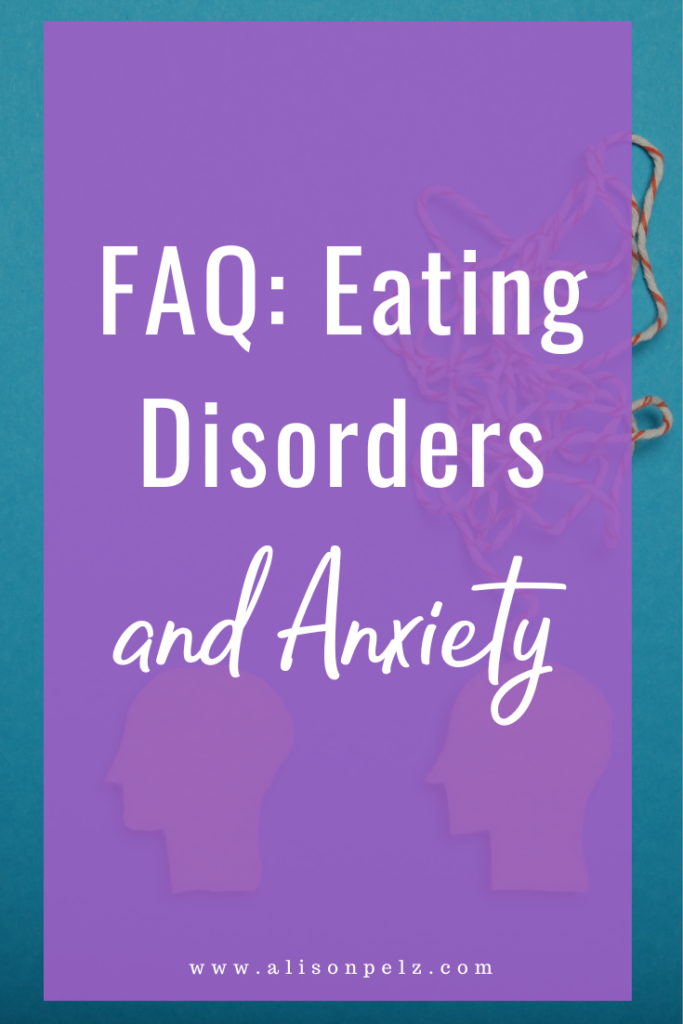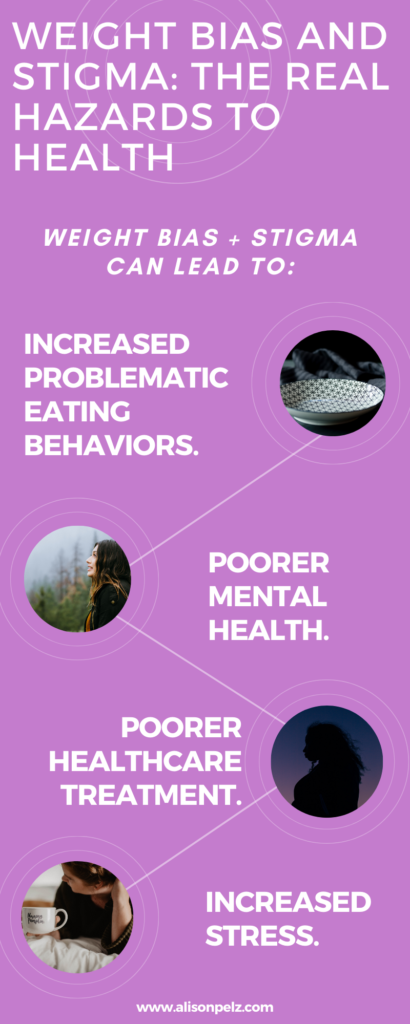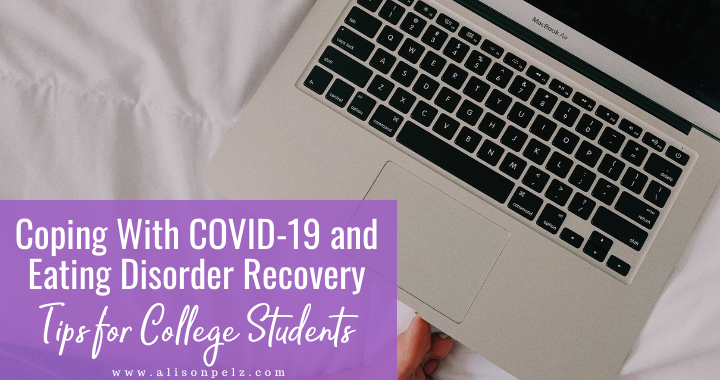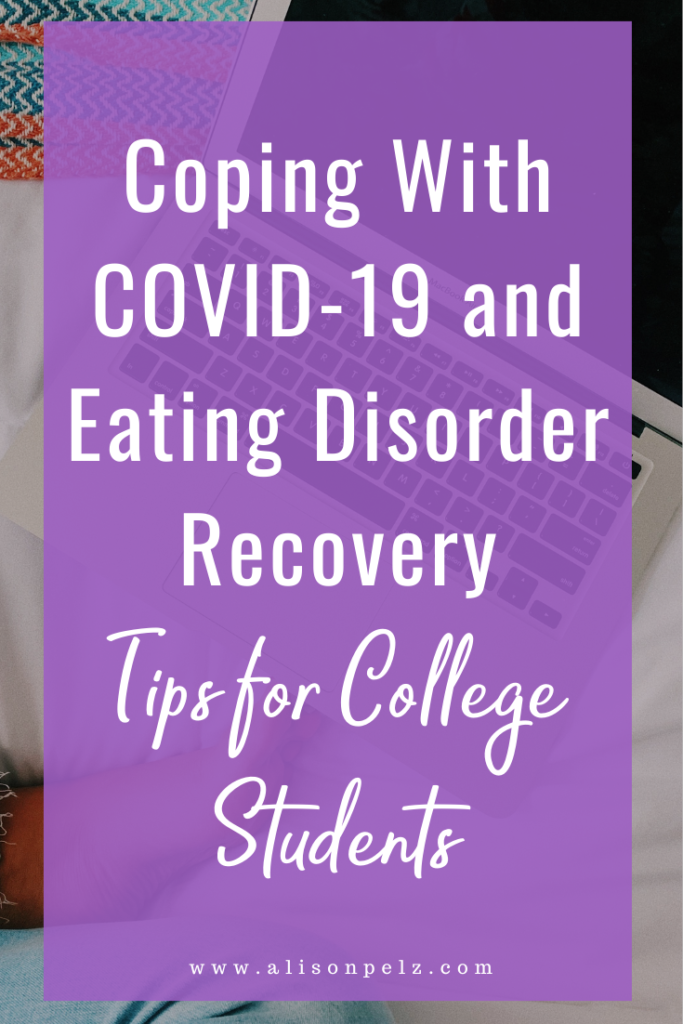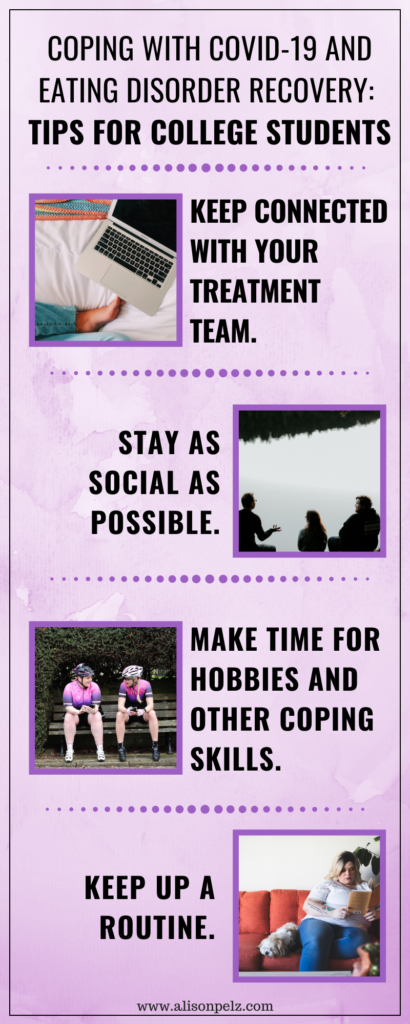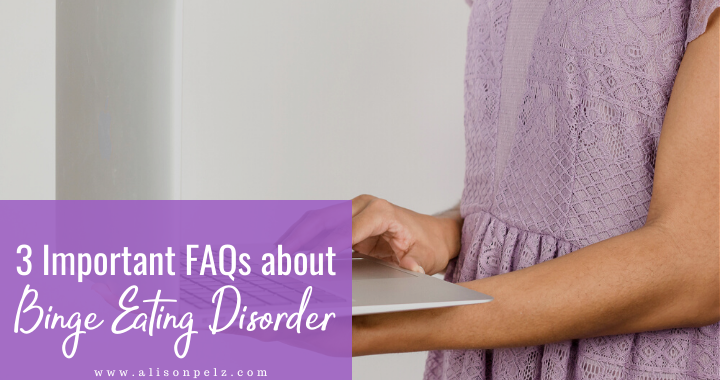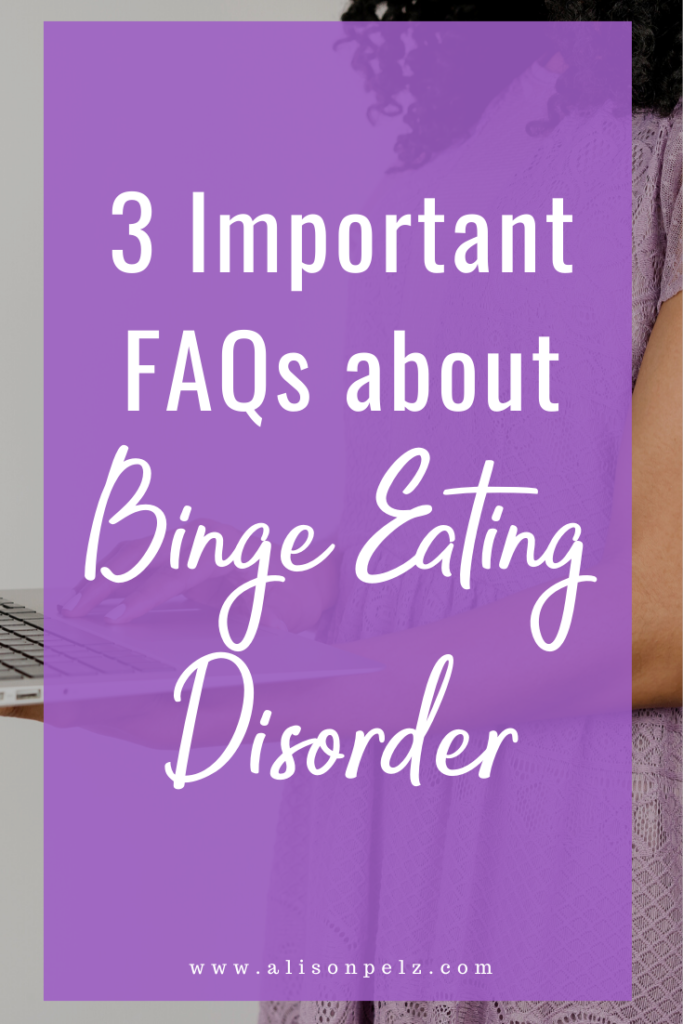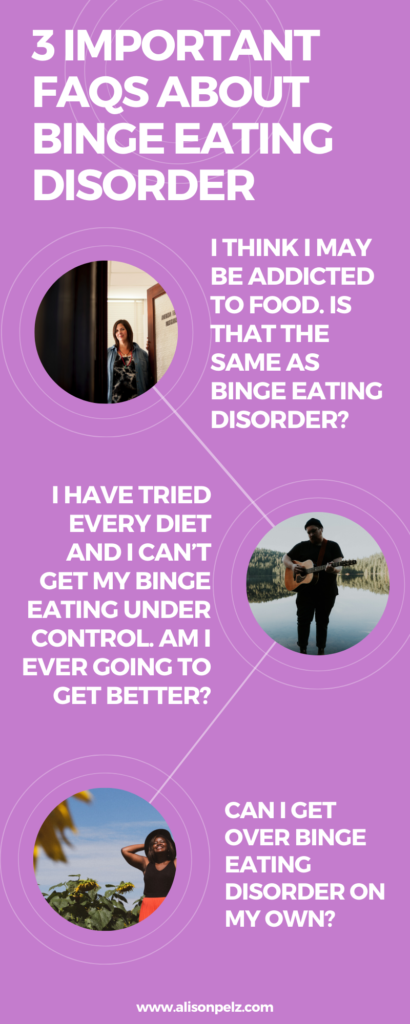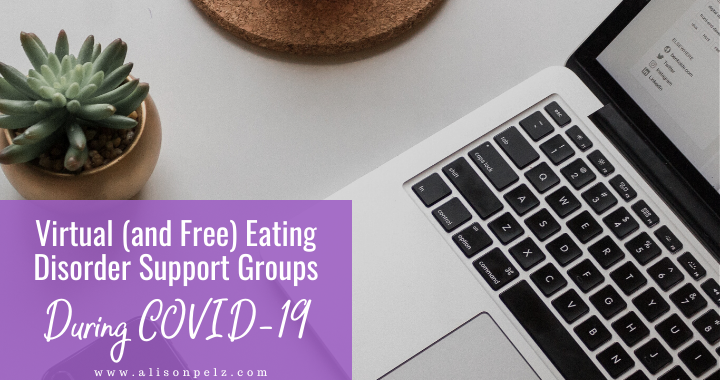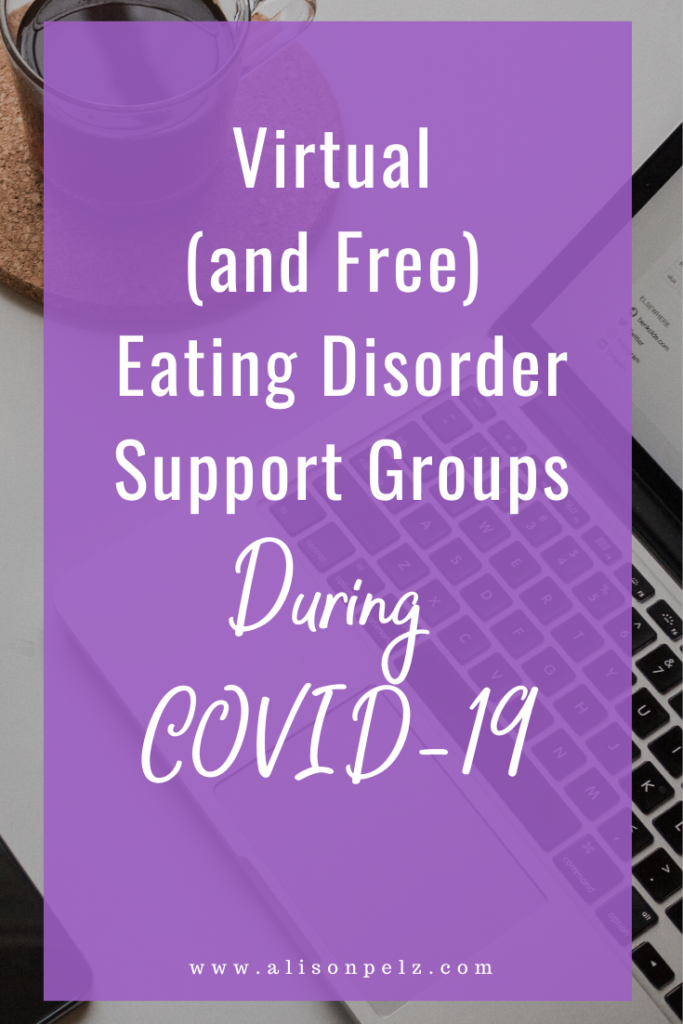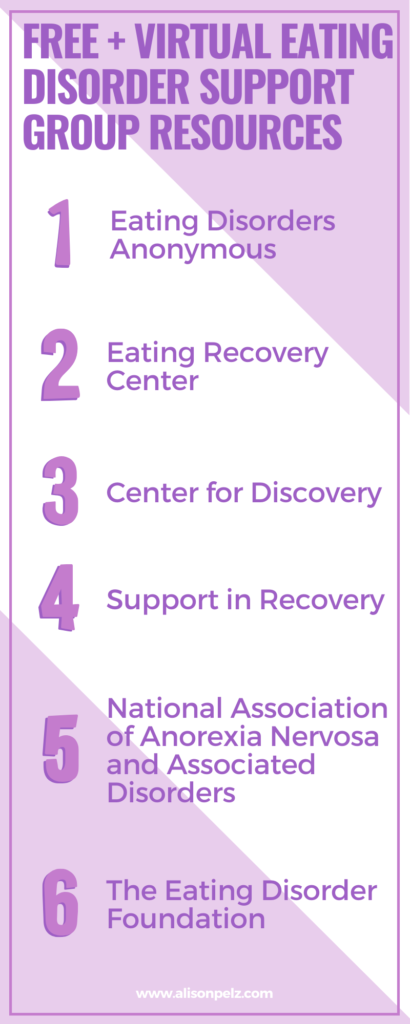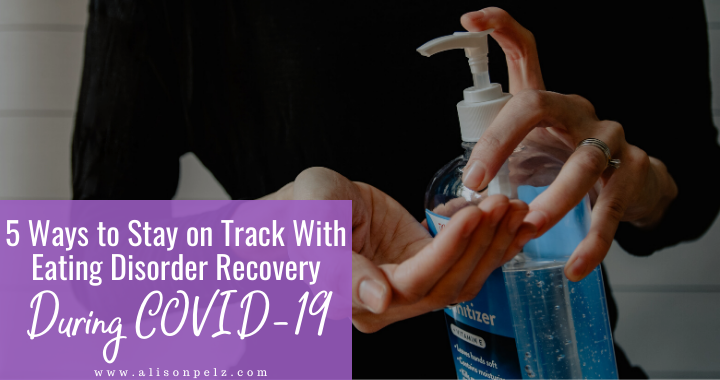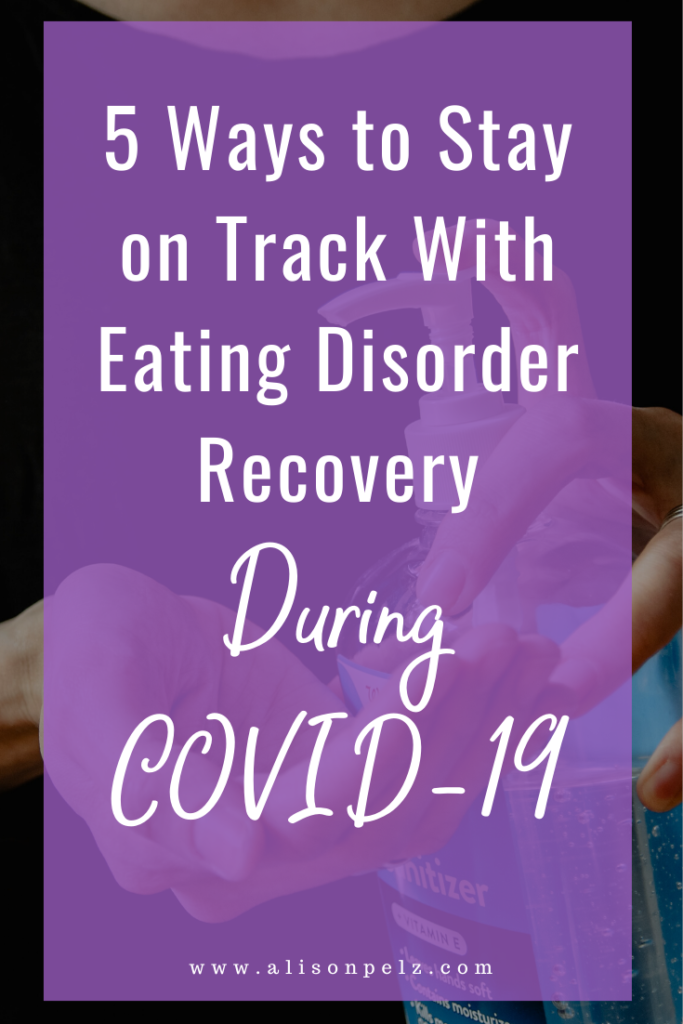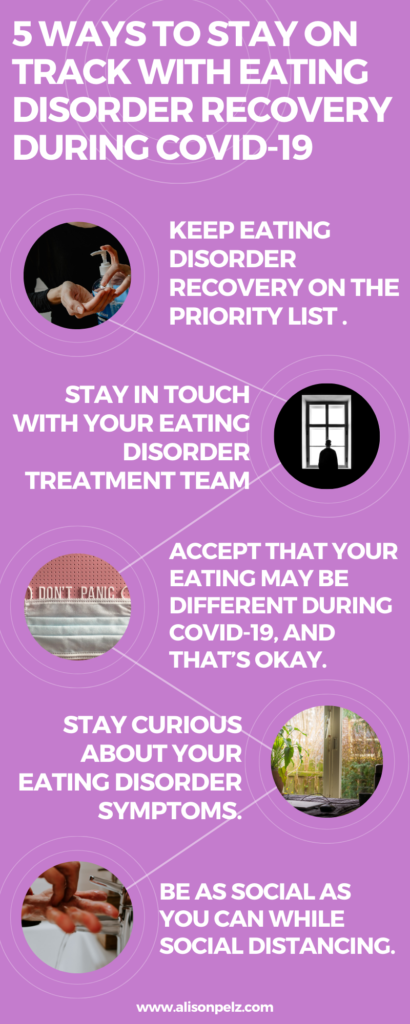It is normal to feel worry and fear from time to time. We all have experienced worry before a big test at school, a deadline at work, or a big event. Anxiety is a normal part of life. In fact, fear can help us stay safe by alerting us to possible danger, and a little bit of worrying can be motivating for some to take care of tasks. However, if you frequently feel and have intense worry, this could be an indication of an anxiety disorder.
Q: How common is anxiety?
A: Anxiety disorders are the most common mental health conditions. It is estimated that worldwide, more than 264 million people have anxiety, and about 40 million Americans have it. Anxiety is more common in girls and women than in boys and men. There are different kinds of anxiety disorders including generalized anxiety, obsessive-compulsive disorder (OCD), panic disorders, phobias, and post-traumatic distress disorder (PTSD), to name a few.
Q: How do I know if I have an anxiety disorder?
A: The short answer is: Talk to your doctor to help determine if you have an anxiety disorder.
Let your doctor know if you experience any of these common symptoms of anxiety, including excessive and uncontrollable worry, feelings of nervousness, restlessness, and tension, trouble sleeping, gastro-intestinal upset, sweating, trembling, rapid heart rate, or a sense of panic or impending doom. Again we all experience anxiety from time to time, but if you frequently experience some of the symptoms above, it may be time to talk to your doctor.
Q: I have an eating disorder and I think I have anxiety. Can you help me with both?
A: Studies show that 50-80% of people who have an eating disorder also struggle with anxiety. It is not always clear which comes first – the eating disorder or anxiety – or if the anxiety and eating disorder emerged roughly at the same time.
Anxiety usually makes the eating disorder symptoms worse, so it must be treated simultaneously with the eating disorder.
It is standard in eating disorder treatment to also treat co-occurring conditions whether it is anxiety, depression, or another condition. Many therapies or methods used to treat eating disorders can also be used to treat anxiety.
Q: How is anxiety treated?
A: Anxiety is very treatable. Anxiety disorders can be treated with psychotherapy as well as medication. I use Cognitive Behavioral Therapy to help treat anxiety and eating disorders. In a nutshell, Cognitive Behavioral Therapy (CBT) is a well-studied treatment that proposes that thoughts, feelings, and behaviors are interconnected and greatly influence one another.
CBT helps identify and challenge thoughts that are distorted or inaccurate that often lead to intense and pervasive feelings such as anxiety and depression.
Practicing CBT skills with “homework” between counseling sessions is something that I use regularly with clients. It has been my experience that clients like to have tools that they can use outside of sessions to help them manage their anxiety and eating disorder, plus it can speed up treatment the more the skills are practiced.
To learn more about anxiety and treatment here are some resources to get you started:
- To learn more about CBT go here.
- Mayo Clinic
- Centre for Clinical Interventions
- The Feeling Good Podcast
